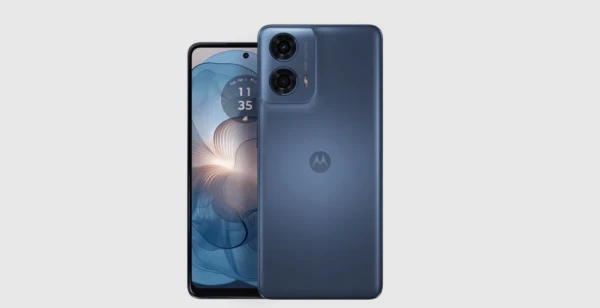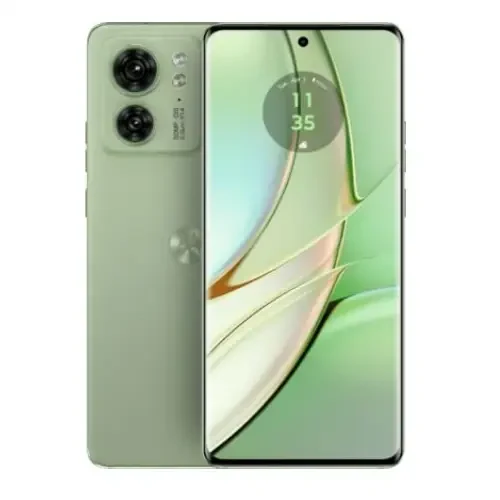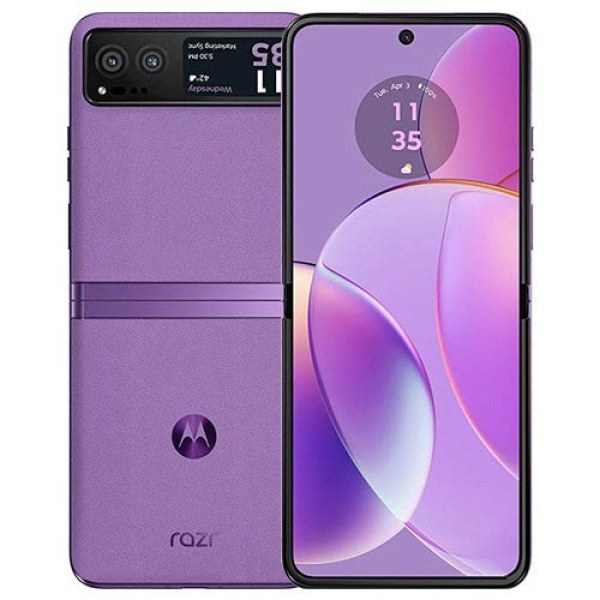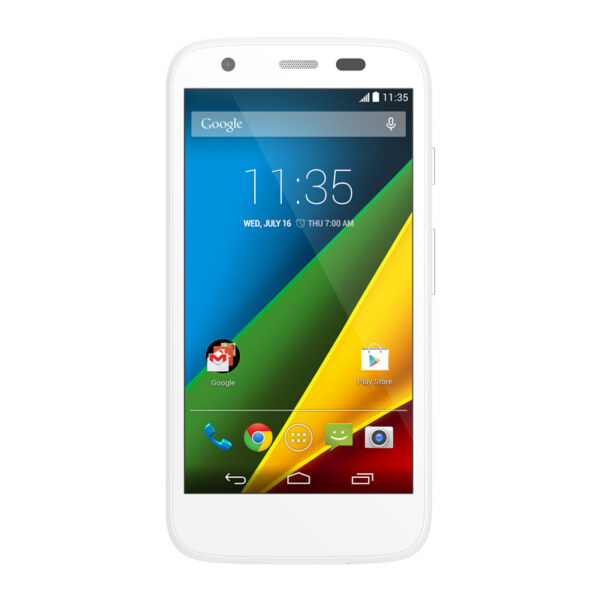- Home
- All Products
- Motorola
- Moto G
Moto G
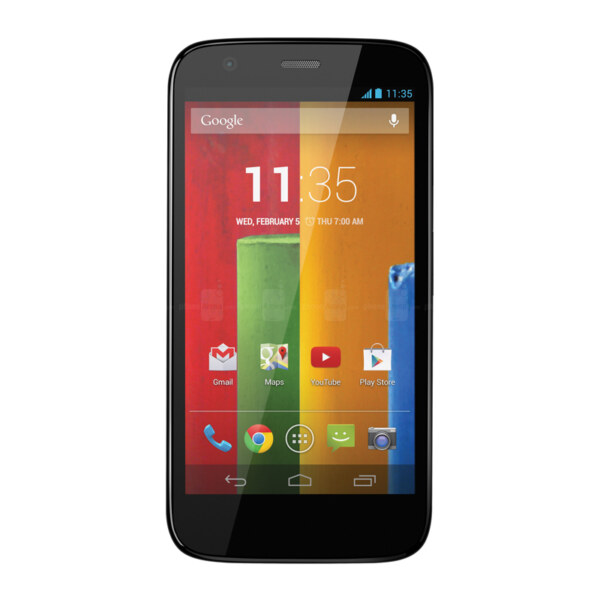

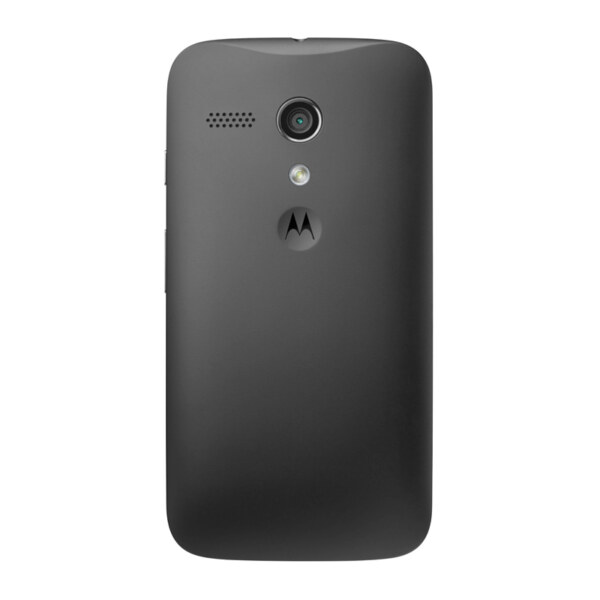
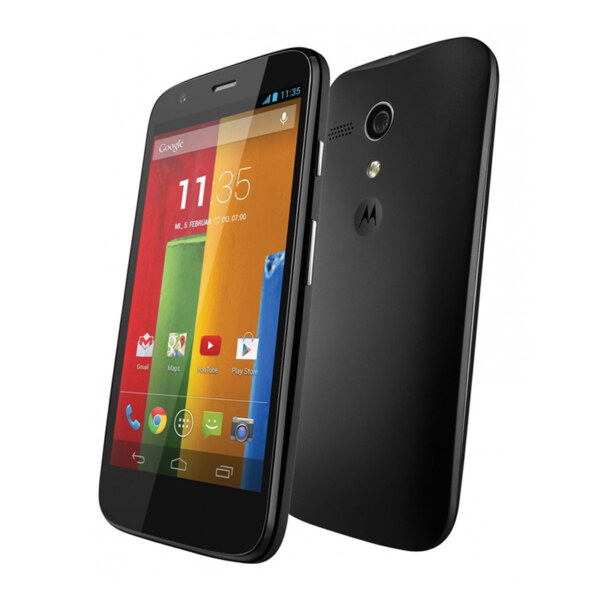
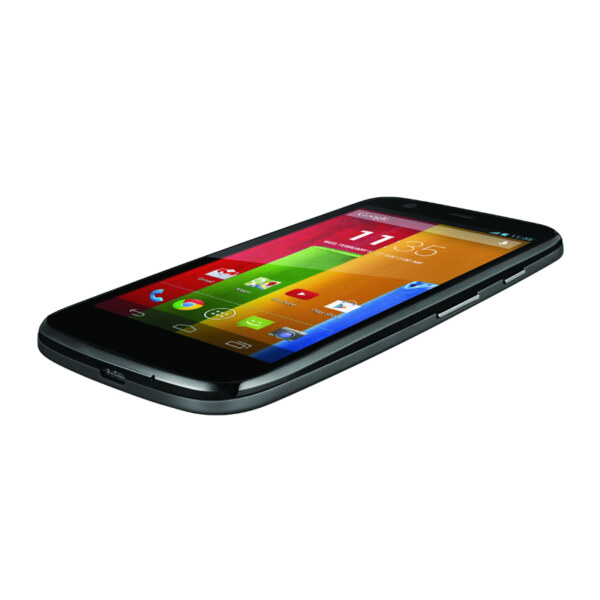
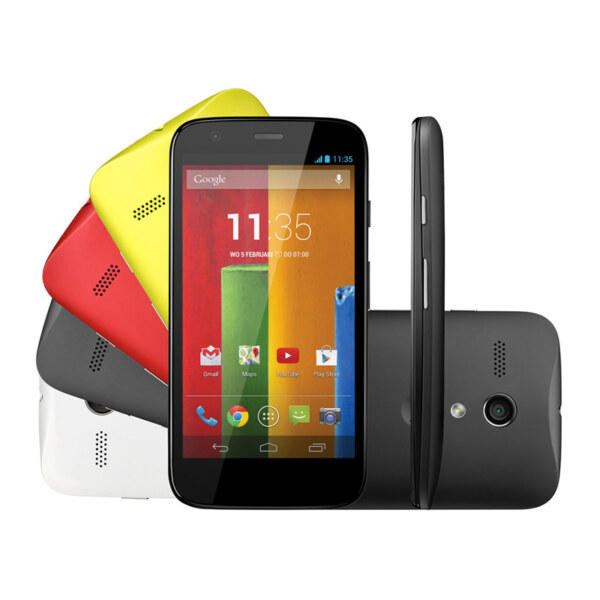
-
CPU: Quad-core 1.2 GHz Cortex-A7
-
RAM: 1 GB
-
Storage: 8/16 GB
-
Display: IPS LCD, 4.5 inches
-
Camera: 5 mega pixels
-
OS: Android v4.3 (Jelly Bean)
Specifications
General
| Device Type | Smart Phone |
| Model | Moto G |
| Announced | 01 November, 2013 |
| Released | 01 November, 2013 |
Body
| Dimensions | 129.9 x 65.9 x 11.6 mm (5.11 x 2.59 x 0.46 in) |
| Weight | 143 grams (5.04 oz) |
| Colors | Black (front), Yellow, Red, Black, White, Green, Blue (back) |
Network
| 2G Network |
GSM 850 / 900 / 1800 / 1900 CDMA 800 / 1900 - CDMA model |
| 3G Network |
HSDPA 850 / 900 / 1900 / 2100 HSDPA 850 / 1700 / 1900 / 2100 CDMA2000 1xEV-DO - CDMA model |
| SIM SIM (Subscriber Identity Module) is a small card that contains mobile network subscriber's account information. This allows the phone using the card to attach to a mobile network. The SIM card is most commonly associated with GSM and UMTS mobile networks. Moving a SIM card from one phone to another allows a subscriber to switch mobile phones without having to contact their mobile network carrier. SIM cards can also be used by a phone to store limited amounts of data, such as phone numbers and text messages. | Micro SIM |
Platform
| Chipset Chipset is a group of integrated circuits designed to perform one or a more dedicated functions, often with real time computing constraints, Popular smartphones are equipped with more advanced embedded chipsets that can do many different tasks depending on their programming. | Qualcomm MSM8226 Snapdragon 400 |
| CPU CPU (Central Processing Unit) mostly known as processors, CPU processes instructions in order to carry out certain functions that make your device operate properly. Processors are often described as the brain of computers, smartphones and tablets, Smartphones and tablets rely on processors to carry out their every task, Processors are an incredibly important factor in selecting any type of computing device, including your smartphone. | Quad-core 1.2 GHz Cortex-A7 |
| GPU GPU (Graphics Processing Unit) is a single-chip processor designed to rapidly manipulate and alter memory to accelerate the creation of images in a frame buffer intended for output to a display, This includes things such as lighting effects, object transformations, and 3D motion. | Adreno 305 |
Display
| Display Type Display Technology => A number of display technologies and types used in mobile phones => TFT (Thin Film Transistor), IPS (In-Place Switching), OLED (Organic Light Emitting Diode), AMOLED (Active-Matrix Organic Light-Emitting Diode), Super AMOLED (an even advanced version of AMOLED), Resistive Touchscreen (Resistive touchscreens contain two layer of conductive material with a very small gap between them which acts as a resistance), Capacitive Touchsceen (Capacitive touchscreen technology consists of a layer of glass coated with a transparent conductor) | IPS LCD |
| Size | 4.5 inches |
| Resolution | 720 x 1280 pixels |
| Display Protection Display Protection => Gorilla Glass is a special alkali-aluminosilicate glass shield with exceptional damage resistance that helps protect mobile displays from scratches, drops, and bumps of everyday use, It is always better to go for a smartphone with Gorilla Glass for that added protection and peace of mind. | Corning Gorilla Glass 3 |
Memory
Main Camera
| Video | Yes, 720p@30fps, stereo sound recording |
| Camera Features | Auto focus, geo-tagging, touch focus, face detection, HDR, panorama |
| Flash Flash Light => There is commonly two types of flash lights are used in camera mobile phones, LED Flash (LED flash offers lower power consumption with drive circuitry that takes up very little room, LEDs can be strobed faster than any other light source), Xenon Flash (xenon flash produces an extremely intense full-spectrum white light for a very short duration) | LED flash |
| Video | Yes, 720p@30fps, stereo sound recording |
Connectivity
| Bluetooth Bluetooth is a wireless communications technology for exchanging data between mobile phones, headsets, computers and other network devices over short distances without wires, Bluetooth technology was primarily designed to support simple wireless networking of personal consumer devices. | Yes, v4.0 with A2DP, LE |
| Infrared Infrared connectivity is an old wireless technology used to connect two electronic devices. It uses a beam of infrared light to transmit information and so requires direct line of sight and operates only at close range. | |
| Wi-fi Wi-Fi is a popular wireless networking technology using radio waves to provide high-speed network connections that allows devices to communicate without cords or cables, Wi-Fi is increasingly becoming the preferred mode of internet connectivity all over the world. | Wi-Fi 802.11 b/g/n |
| Wi-fi Hotspot | |
| USB | microUSB v2.0, USB Host |
| GPS GPS The Global Positioning System is a satellite-based radio navigation system, GPS permits users to determine their position, velocity and the time 24 hours a day, in all weather, anywhere in the world, In order to locate your position, your device or GPS receiver must have a clear view of the sky. | Yes, with A-GPS support, GLONASS |
| NFC NFC (Near field communication) is a set of standards for smartphones and similar devices to establish peer-to-peer radio communications with each other by touching them together or bringing them into proximity, usually no more than a few inches. |
Battery
| Battery Type Battery Type => Cell phones run on various kinds of batteries depending on the manufacturer, phone size or shape and features. There are basically four types of cell phone batteries => Lithium Polymer, Lithium Ion, Nickel Metal Hydride and Nickel Cadmium. | Li-Ion (Lithium Ion) |
| Capacity Battery Capacity is a measure (typically in Amp-hr) of the charge stored by the battery, and is determined by the mass of active material contained in the battery. The battery capacity represents the maximum amount of energy that can be extracted from the battery under certain conditions. | 2070 mAh |
| Placement | Fixed |
Enjoy incredible speed and seamless experiences streaming videos, downloading content, and connecting with family and friends.
The sharpest 4.5″ HD screen in its class, all-day battery, quad-core processor, Android™ 4.3, Jelly Bean®, and 15+ colourful backs to customise your Moto G phone.
What you’ll notice first about Moto G is the sharp HD screen. The edge-to-edge display stretches to all four corners of the phone. Watch, read and browse on a big, brilliant display. You’ll get a sharp picture and then some.
Touch anywhere to take a shot, capture panoramic pictures or record HD video with front and back cameras. And within three clicks, quickly share your best photos with friends and family. To get the shot, and stay in touch, Moto G is all the camera you need.
There’s music in the world and tons of it is still free. Just grab a pair of headphones and tune in with Moto G’s FM radio.* Listen to your favorite stations or pick up a new signal. It’s all yours to explore.
You don’t have to hang up to send an email or turn off YouTube when you want to text. Moto G multitask as easily as you do.
Moto G is smart when it comes to the battery, so as you go about your day, you won’t run out of power.
With Android™ 4.4, KitKat® you’ll experience a more polished design, improved performance, and new features.
Moto G owners get an extra 50GB of Google Drive storage free for two years* to safely keep and share photos, documents and other files (that’s on top of the standard 15GB).
Disclaimer Note
We can not guarantee that the information on this page is 100% correct.
